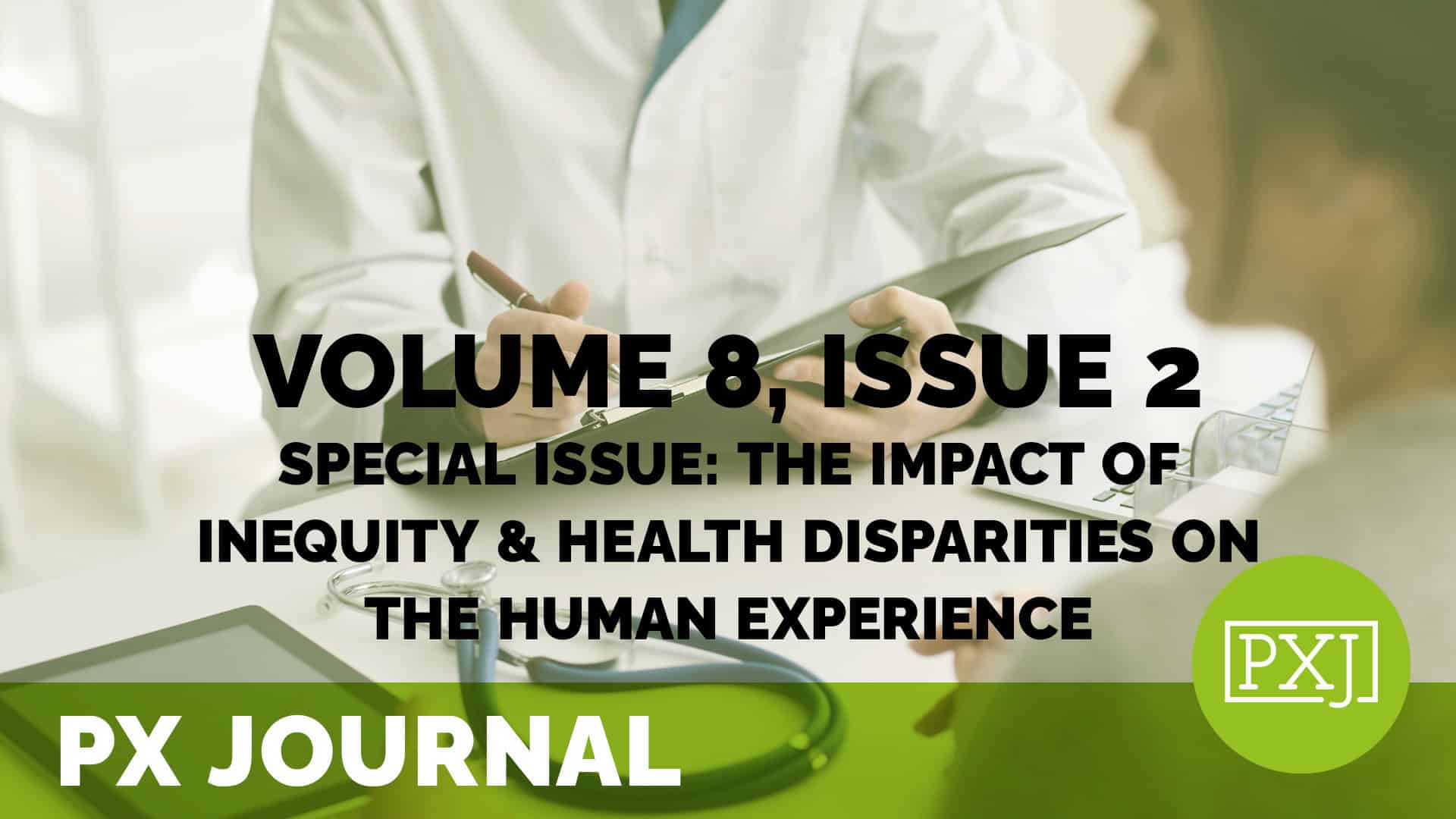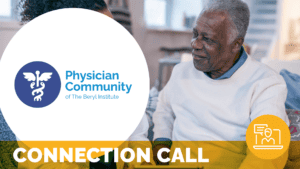Traversing barriers to health care among LGBTQ+ Latinx emerging adults: Utilizing patient experiences to model access

Enduring multiple sources of marginalization, lesbian, gay, bisexual, transgender, and/or queer (LGBTQ+) youth of color living at the United States-Mexico border navigate stigma and health challenges surrounding their LGBTQ+ and ethnic identities. This study sought to delineate barriers to health care experienced by marginalized young adult patients.
We qualitatively examined the patient experiences of 41 LGBTQ+ Latinx young adults (ages 18-24) in the Rio Grande Valley between 2016 and 2017. Often tied to their experiences of emerging adulthood, most respondents emphasized how financial barriers, including cost of services and disruptions to insurance status, prevented them from seeking care (barriers to care). However, youth also underscored how prior patient experiences tied to their ethnic and LGBTQ+ identities, including apprehension discussing their sexuality with care providers (barriers within care), shaped their health care seeking strategies. This study utilized patient experiences to delineate potential sources of barriers to care experienced by LGBTQ+ Latinx young adults. Practitioners should seek to actively create inclusive and identity-affirming care environments and be sensitive to how prior negative experiences may be deterring young adult patients from seeking care or revealing personal details during the care encounter. If we are to better model access, we need to consider the patient experiences of diverse populations.
Related content
-
 Patient Family & Community Engagement
Patient Family & Community EngagementImproving Communication: Patient and Family Centered Rounds
Dr. Mikelle Key-Solle, Pediatric Hospitalist, covers five themes physicians should consider when interacting with caregivers of color and non-English-language-preferring families. These principles aim to improve communication during patient- and family-centered rounds at Duke Children’s Hospital and Health Center.
Learn more -
 Patient Family & Community Engagement | Staff & Provider Engagement
Patient Family & Community Engagement | Staff & Provider EngagementUsing Design Thinking Principles to Reduce Healthcare Barriers & Improve Access
This learning bite brings to light the importance of understanding our patients’ barriers in healthcare. Learn how design thinking can be a tool to improve experience. Through the human-centered approach of design thinking, we can integrate the needs of the people into our processes and procedures that create more equitable experiences for those in our
Learn more -
 Culture & Leadership | Patient Family & Community Engagement
Culture & Leadership | Patient Family & Community EngagementWe’re All Emotional Beings: That’s What It Is to Be Human
Ben Larsen, Experience Advisor at Baylor Scott & White Health, discusses the significance of human connection and the relationships we build with patients. Listen as he talks about communicating in service of a relationship, origin stories and the importance of practicing compassion and empathy.
Learn more
